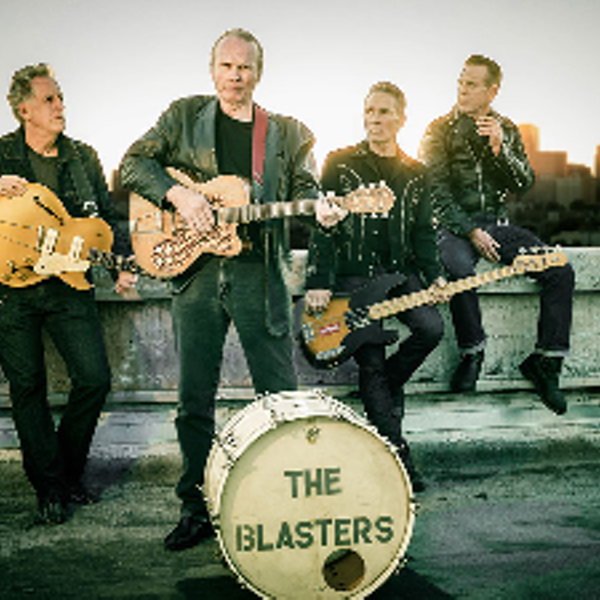Please, please," says the handler's voice. "Come on in."
So you do, and you're surrounded by the warmth of golden wood. It's a good-sized place, with room for about 150 seated or 300 standing. There's a low stage at the back of the main room, a lengthy bar along its side, a formidable kitchen, and a side VIP room with an auxiliary cooking area. Everything's bathed in a combination of late afternoon sunlight and the soft glow of the punched-tin light fixtures that hang from thick timber beams overhead, making it all very Colonial-New-England-farmhouse-hearthy. There's activity along the peripheries, where kitchen and wait staff bustle in preparation for the opening hour. Sitting all alone at a center table, engrossed in his iPad, is a guy you should recognize. Long, blond hair. Shades. This is Daryl. Welcome to his house.
Yes, that Daryl. The front half of Hall and Oates, the biggest-selling duo in the history of recorded music. You know the hits—they're karaoke staples around the world: "Maneater," "Rich Girl," "Kiss On My List," "Private Eyes," "Out of Touch," "I Can't Go for That (No Can Do)," and on and on. The cozy Pawling restaurant and live music venue we're in is Daryl's House, the new home of "Live from Daryl's House," the singer's smash TV show. Its present digs were the longtime site of the Towne Crier until that club relocated to Beacon in 2013. Hall moved in soon after, opening the remodeled site under its new name on Halloween last year with an exclusive intimate show with his partner, John Oates.
"I wanted people to be able to come and hang out and listen to the artists who were playing on 'Live at Daryl's House,' but of course it wasn't practical to open my home up to everyone," explains Hall. "So this place became available and it just made sense [to reopen it as a nightclub and move the program there]. I believe in clubs. For musicians they're a great place to really learn your craft. And I like the atmosphere. I started my career in clubs."
That career began in the supremely musical Philadelphia area. Born in suburban Pottstown in 1946, Hall had an instant advantage on his path to vocal stardom: His father was a professional singer and his mother worked as a vocal coach. Although his mom mentored him in classical styles, it was black music—soul, in particular—that grabbed him hardest. "The neighborhood I grew up in was racially mixed, so I heard a lot of gospel and R&B," Hall recalls. "And I started out singing in church, like a lot of the black soul singers did. There was definitely a regional Philadelphia sound." By 1965 he'd enrolled at Temple University and begun contributing to that sound by working as a session musician for the renowned songwriting and production team of Kenny Gamble and Leon Huff and forming vocal harmony group the Temptones with four other white students. The quintet cut some locally successful singles for the Arctic label (now highly coveted by Northern soul collectors) and fared well in the city's mainly black soul scene, even trumping the legendary Delfonics in one battle of the bands. One night in 1967 Hall was at a campus dance when a fight broke out between two rival fraternities, prompting him to make a hasty exit. In the elevator on the way out he met Temple freshman John Oates, then a member of a group called the Masters. The two hit it off straight away and started playing together. "I was into expanding my musical language, so I liked what John brought to the table, which included a lot of folk and bluegrass influences," says Hall. "What started out as a friendship turned into a partnership in a very natural way." The partnership was put on hold, however, when Oates transferred to a different school and Hall dropped out of college and signed on as a staff songwriter at another production company.
"I don't think Daryl was writing much for himself when we met," says Woodstock singer-songwriter Tim Moore, who was the firm's lead writer when Hall arrived in 1969. "We lived next door to each other, so we started hanging out and writing these songs that were just kind of larks." As a vehicle for their larks, Hall and Moore formed Gulliver, a rock band that released one album on Elektra in 1970. "It was obvious Daryl had a really great voice," recalls Moore. "He loves to sing. If there's anything he loves more than that, I don't know what it is." After Gulliver's demise Hall continued to do just that, floating around the studio scene and doing backup vocals on records by such Philly soul greats as the Stylistics, the Intruders, and his old Temptones rivals the Delfonics. The floating lessened, though, once Oates returned to town and the pair resumed their association.


















